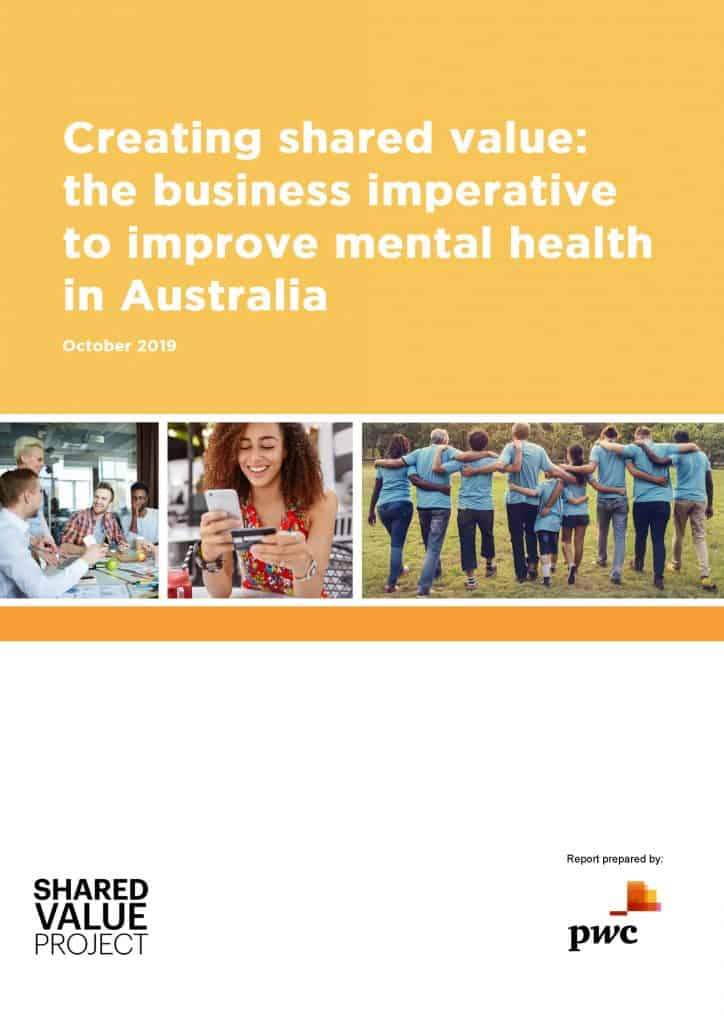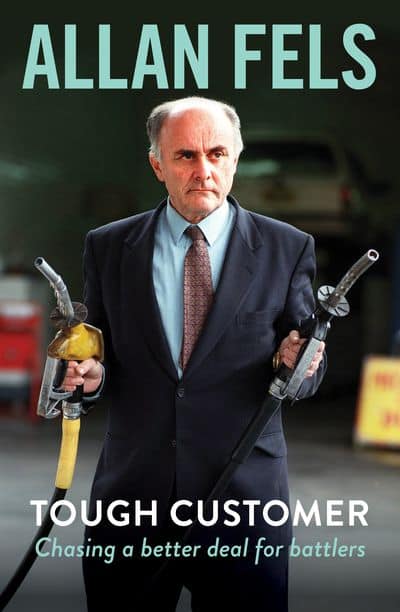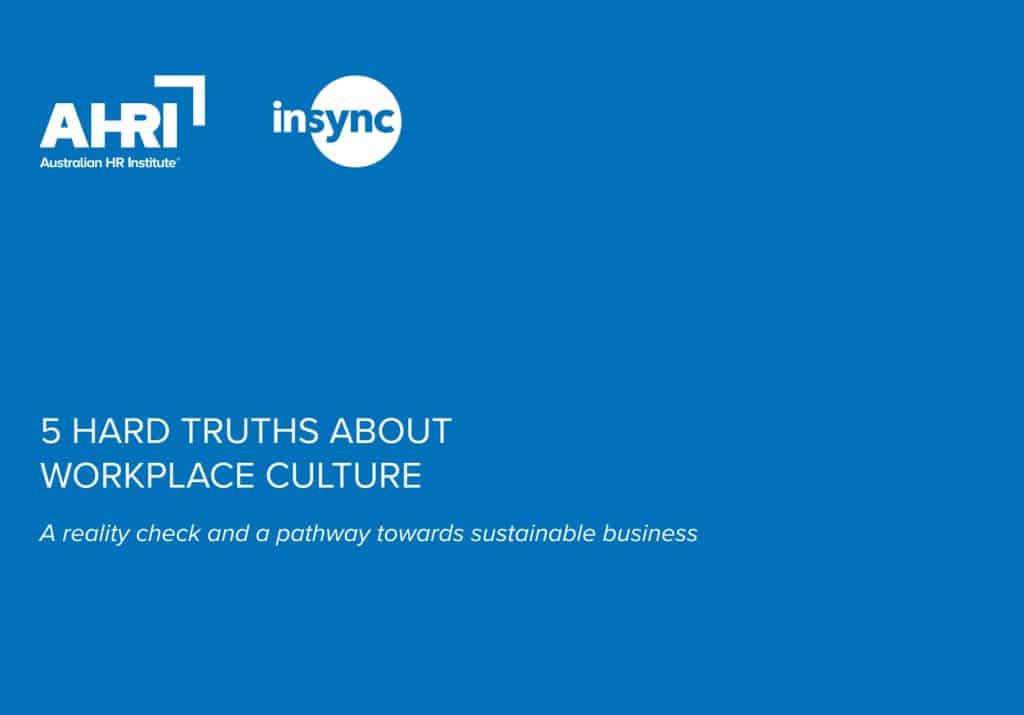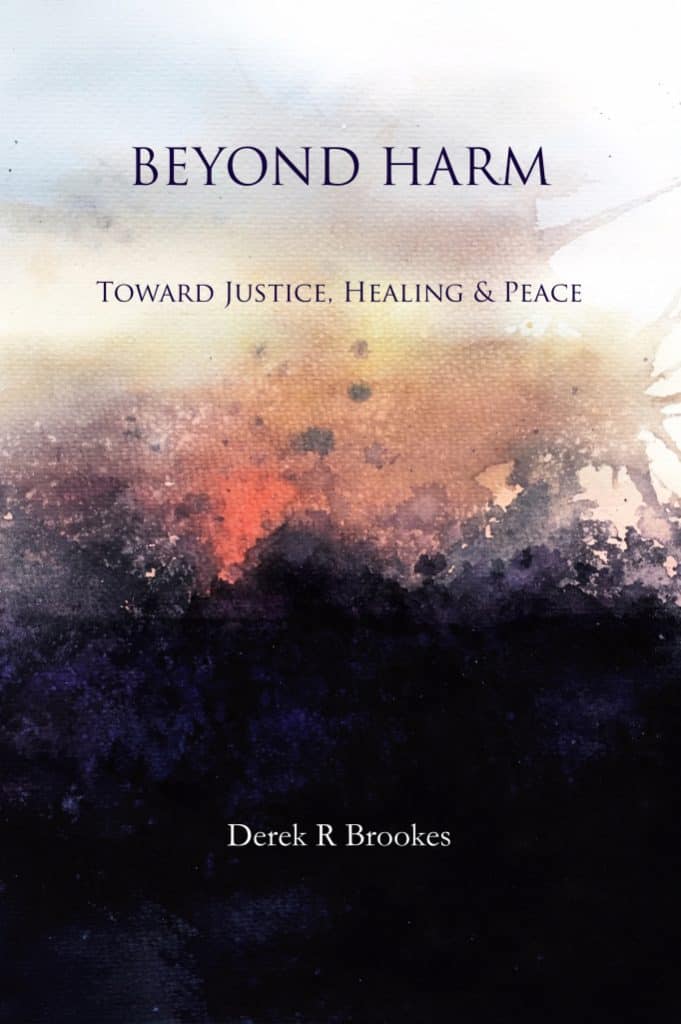
Last week, the Shared Value Project launched its whitepaper called “Creating Shared Value, the Business Imperative to Improve Mental Health in Australia.” It is an interesting document that is part of the trend of reconfiguring capitalism, the decline of neoliberalism, talk of a “social licence”, Environmental, Social and Governance (ESG) and more. Depending on one’s position on capitalism, this makes it part of the wave of change or another failed humanitarian action in the wake of that capitalism.
Several people spoke at the launch, including Professor Allan Fels and the Victorian Minister for Mental Health, Martin Foley.




